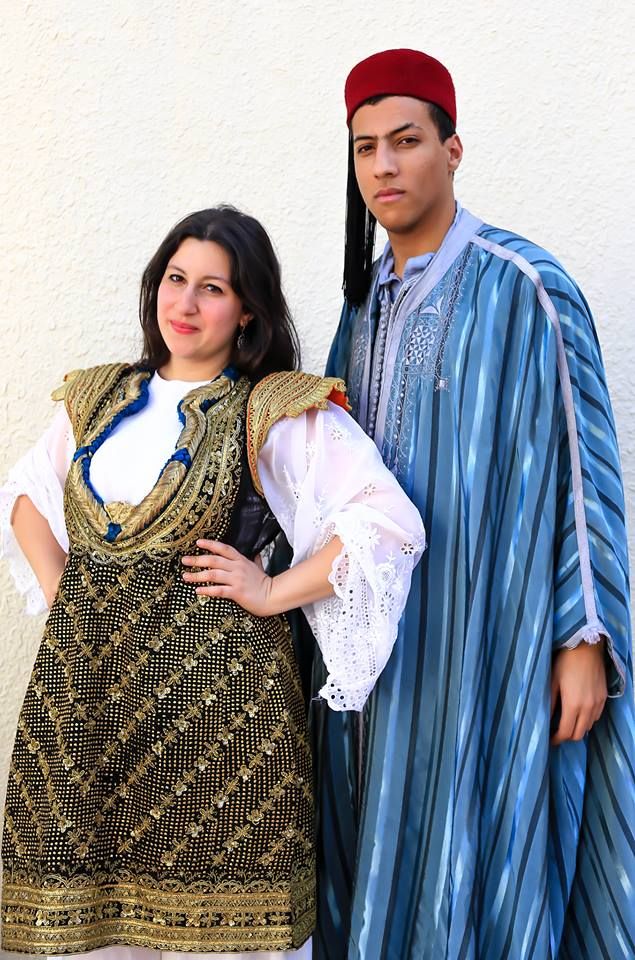All About Tunisia
The Republic of Tunisia is the northernmost African country and is bordered by Algeria, Libya, and the Mediterranean Sea. It has a population of just over 11.78 million and an area of 165,000 sq. km. Tunis is the capital and is in the north-east part of the country.
Of the nations along the Atlas mountain range, Tunisia is the smallest. The Sahara desert is in the south with fertile areas in the remainder of the country. Tunisia has played an important role in history. It was the location of the city of Carthage and later the Roman Africa Province. The Vandals occupied it in the 5th century, the Byzantines in the 6th, and the Arabs in the 8th.
It was known as the “Regency of Tunis” under the Ottomans and became a French protectorate in 1881. In 1956, it gained independence as the Kingdom of Tunisia. Habib Bourguiba became the president after a republic was declared in 1957. Tunisia is liberalizing its economy and is export-oriented.
The country’s relations with the EU are close and it has an association agreement. The Arab world has close ties to Tunisia as well and it is a member of the Arab League. Tunisia also belongs to the African Union.

